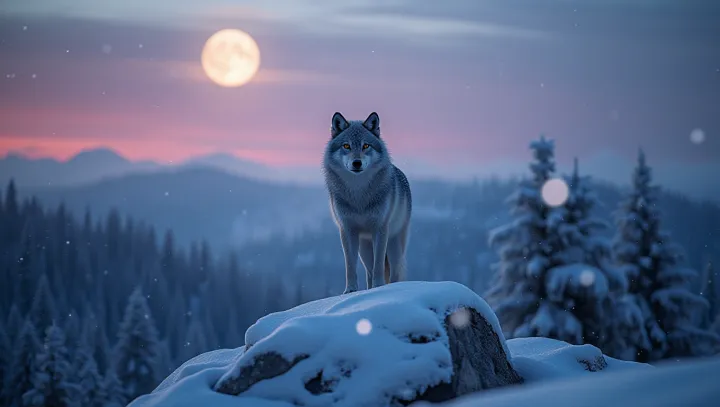Snowy Shroud Unveils Mysteries
In the city of Denver, the recent snowfalls have offered both a picturesque scene and a cause for ecological discussion. The pristine white layer that covers the streets and parks transforms the cityscape into a winter wonderland, attracting both residents and tourists. However, beneath this serene appearance, a complex ecological narrative unfolds. Dr. Emily Carter, an ecologist at the University of Colorado, expressed concerns over the impact that the hefty snowfall may have on local wildlife. 'While snow is critical to our ecosystems, providing insulation and moisture, unprecedented snow levels alter animal habitats,' she noted. This affects not only the immediate biome but also the broader ecological stability of the region. The environmental implications extend to challenges in urban planning and wildlife conservation. As city officials in Denver grapple with snow management, the unpredictability of winter weather patterns underscores the importance of adaptive strategies in city infrastructures and ecological policies. The responsibility lies in balancing human needs with environmental preservation. Historically, Denver's winters have been known for their severity; however, the changing climate amplifies these conditions, presenting new challenges. The region's economy, deeply interconnected with seasonal tourism and outdoor activities, must adapt to these changes to ensure sustainability. As such, this year's snowfall is not just a seasonal phenomenon but a call to action for understanding our environment's evolving narrative.

In the city of Denver, the recent snowfalls have offered both a picturesque scene and a cause for ecological discussion. The pristine white layer that covers the streets and parks transforms the cityscape into a winter wonderland, attracting both residents and tourists. However, beneath this serene appearance, a complex ecological narrative unfolds.
Dr. Emily Carter, an ecologist at the University of Colorado, expressed concerns over the impact that the hefty snowfall may have on local wildlife. 'While snow is critical to our ecosystems, providing insulation and moisture, unprecedented snow levels alter animal habitats,' she noted.
This affects not only the immediate biome but also the broader ecological stability of the region. The environmental implications extend to challenges in urban planning and wildlife conservation. As city officials in Denver grapple with snow management, the unpredictability of winter weather patterns underscores the importance of adaptive strategies in city infrastructures and ecological policies.
The responsibility lies in balancing human needs with environmental preservation. Historically, Denver's winters have been known for their severity; however, the changing climate amplifies these conditions, presenting new challenges. The region's economy, deeply interconnected with seasonal tourism and outdoor activities, must adapt to these changes to ensure sustainability.
As such, this year's snowfall is not just a seasonal phenomenon but a call to action for understanding our environment's evolving narrative.







